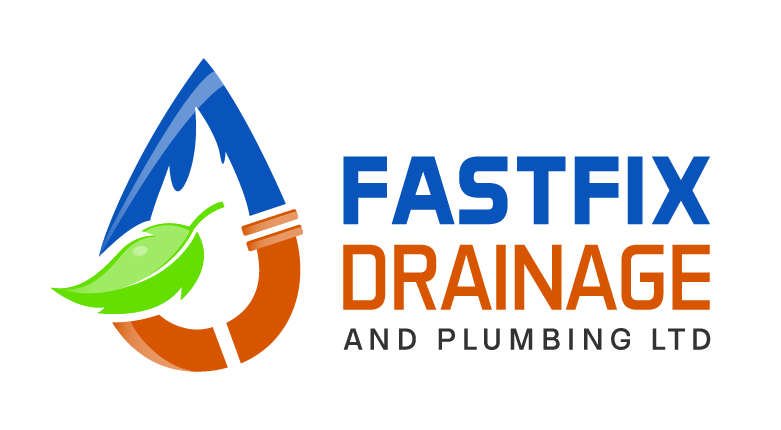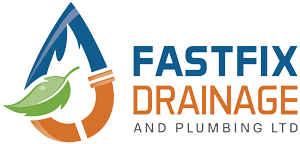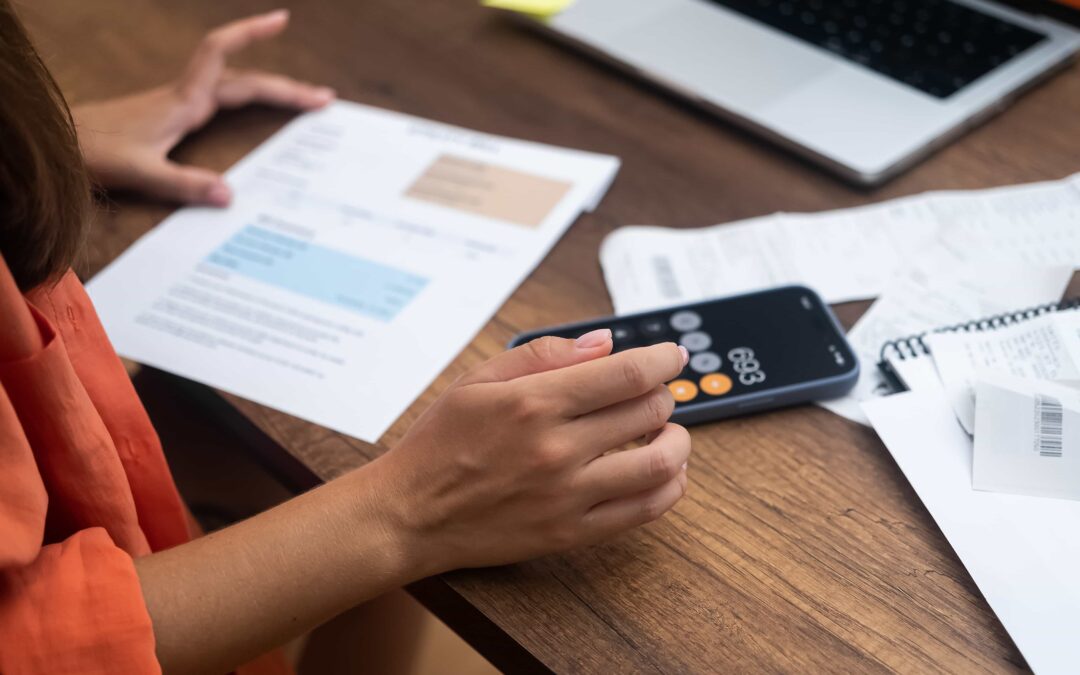Water is an essential household resource, and as concerns about environmental sustainability and rising utility costs grow, you might be looking for ways to reduce household water consumption and reduce your bill. In this blog post, we’ll explore some practical and easy-to-implement strategies, as well as some longer-term solutions, to help you save on your water bills while contributing to a more sustainable future.
Monitor Your Water Usage:
Many utility companies offer tools or apps that allow you to monitor your water usage in real-time if you have a smart meter installed. Keeping track of your water consumption can help you identify trends and areas where you can make further improvements. Some smart home devices also offer water usage monitoring features
Be Mindful of Water-Intensive Activities:
Small changes in daily habits can make a big difference. Turning off the tap while brushing your teeth, taking shorter showers, and only running the dishwasher or washing machine with full loads are simple but effective ways to reduce water consumption.
Educate and Involve the Whole Household:
Saving on water bills is a collective effort. Educate your family members or housemates about the importance of water conservation and involve them in adopting water-saving practices. Encourage everyone to be conscious of their water use and to actively participate in implementing water-saving measures.
Fix Those Leaks:
One of the most common reasons for high water bills is unnoticed leaks. A dripping tap or a running toilet may seem minor, but over time, they can waste a significant amount of water. Regularly check for leaks and promptly address any issues to prevent unnecessary water loss.
Upgrade to Water-Efficient Appliances:
Consider replacing old and inefficient water-using appliances with newer, more water-efficient models. High-efficiency washing machines, dishwashers, and water heaters can significantly reduce your overall water consumption, saving both water and money in the long run.
Install Low-Flow Fixtures:
Another effective way to conserve water is by installing low-flow fixtures in your home. These include low-flow taps and showerheads, which maintain good water pressure while using less water. This simple switch can result in substantial water savings without sacrificing comfort.
Collect Rainwater:
Harnessing rainwater is an eco-friendly way to irrigate your garden or wash outdoor spaces. Install rain barrels or other collection systems to capture rainwater, reducing your reliance on municipal water supplies for certain outdoor activities.
Optimise Lawn and Garden Care:
Outdoor water usage, particularly for landscaping, can contribute significantly to high water bills. Instead of watering your lawn daily, consider a more efficient schedule, such as watering early in the morning or late in the evening when evaporation is minimal. Additionally, explore the use of smart irrigation systems that adjust watering schedules based on weather conditions.
In conclusion:
By incorporating these simple yet effective strategies into your daily routine, you can make a positive impact on both your water bills and the environment. Conserving water not only saves you money but also contributes to the sustainability of our planet. Let’s all play our part in ensuring that this resource is used wisely and responsibly for the benefit of current and future generations.



